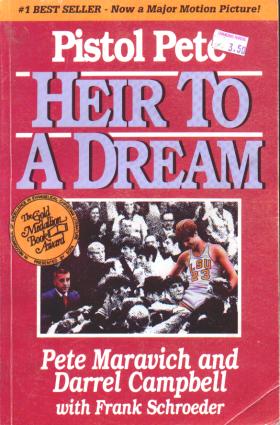 I. Howard Marshall is one of the most distinguished evangelical New Testament scholars of the past twenty-five years. And the adjective "evangelical" is not necessary to make that statement true: he stands tall in any scholarly company. His work has been devoted to the documents of the New Testament, from Luke-Acts to the Pastoral Epistles, with many important works of biblical theology as well. This work, New Testament Theology, is clearly the fruit of his long career.
I. Howard Marshall is one of the most distinguished evangelical New Testament scholars of the past twenty-five years. And the adjective "evangelical" is not necessary to make that statement true: he stands tall in any scholarly company. His work has been devoted to the documents of the New Testament, from Luke-Acts to the Pastoral Epistles, with many important works of biblical theology as well. This work, New Testament Theology, is clearly the fruit of his long career. First, a word about general format. Marshall begins with an introduction about the nature of New Testament theology. He then proceeds systematically through the documents of the New Testament, with periodic breaks for synthesis and comparison. He sums up the theology of the Synoptics and Acts, for example, before proceeding to Paul, and after discussing the Pauline corpus document by document, he synthesizes Paul's letters and then proceeds to carefully compare the theology of Paul's letters to the theology of the synoptics and Acts, and so on throughout the collections of literature that make up the New Testament. In each book, Marshall begins with some introductory comments about the book, it's setting, authorship, etc. He then tells the "theological story" of the book by moving chunk by chunk through each book, dealing with the major teaching units and their content. After moving through the book this way, he synthesizes the theology by approaching the book's content in a more theologically organized way, looking at things like "God the Father" or "Spiritual Gifts" or the like. This allows the book's theology to speak to itself, but also helps the book's theology to speak toward the categories of systematics and helps piece together an author's theological perspective.
I have really enjoyed reading this book, and though I haven't yet read it cover to cover, everything I've read has been well informed and uniformly excellent. I have also really enjoyed his synthesis and comparison articles, such as the article dealing with the synoptics and acts in relation to Paul, which help to explore some of the really important and pressing issues that are often so formative to a New Testament theology. I also really enjoyed his article on the theology of the Pauline letters. His synthesis was concise and clear, bringing out important themes. He is certainly conversant in the latest developments in Pauline studies, but defends a very balanced approach. He also deals delicately but effectively with the "authorship" questions by synthesizing Paul's earlier theology of the undisputed letters and then discussing the data from the disputed (and almost uniformly considered to be later if genuine) epistles in relation to this basic formulation. This allows the later letters to modify and support the undisputed letters without making authorship a stumbling block to the whole enterprise.
In short, this is a great book that I highly recommend. Marshall's writing is clear and learned, and this book has proven to be both good reading and an essential reference work.



